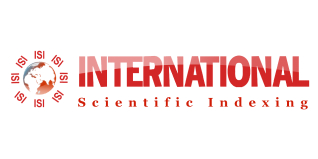Abstract
Human trafficking is condemned as a violation of human rights by international conventions. Human trafficking is the illegal trade in human beings for the purpose of commercial sexual exploitation or forced labor: a modern-day form of slavery. The word ‘trafficking’ includes the word ‘traffic’, which we often equate with transportation or travel. However, while the words look and sound alike, they do not hold the same meaning. Human trafficking does not require the physical movement of a person (but must entail the exploitation of the person for labor or commercial sex). Additionally, victims of human trafficking are not permitted to leave upon arrival at their destination. They are held against their will through acts of coercion and forced to work or provide services to the trafficker or others. The work or services may include anything from bonded or forced labor to commercialized sexual exploitation. The arrangement may be structured as a work contract, but with no or low payment or on terms which are highly exploitative. Sometimes the arrangement is structured as debt bondage, with the victim not being permitted or able to pay off the debt. This paper is based on a survey conducted among Trafficked Women (rescued) in Mysore city-India.
Permalink
Keywords
Trafficking, Women, Trade, Exploitation, Mysore
Author Affiliations
Nanjunda
Centre for Study of Social Exclusion and Inclusive Policy, University of Mysore, India
Dates
February 2017
Volume 3
No 1



